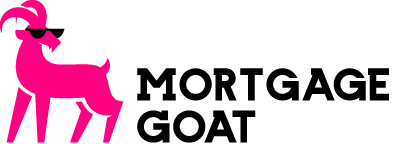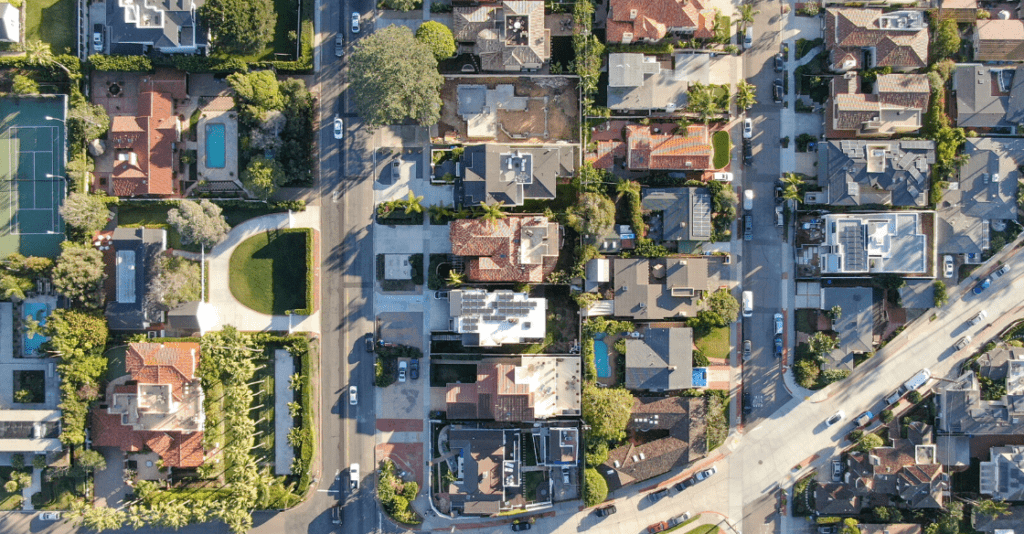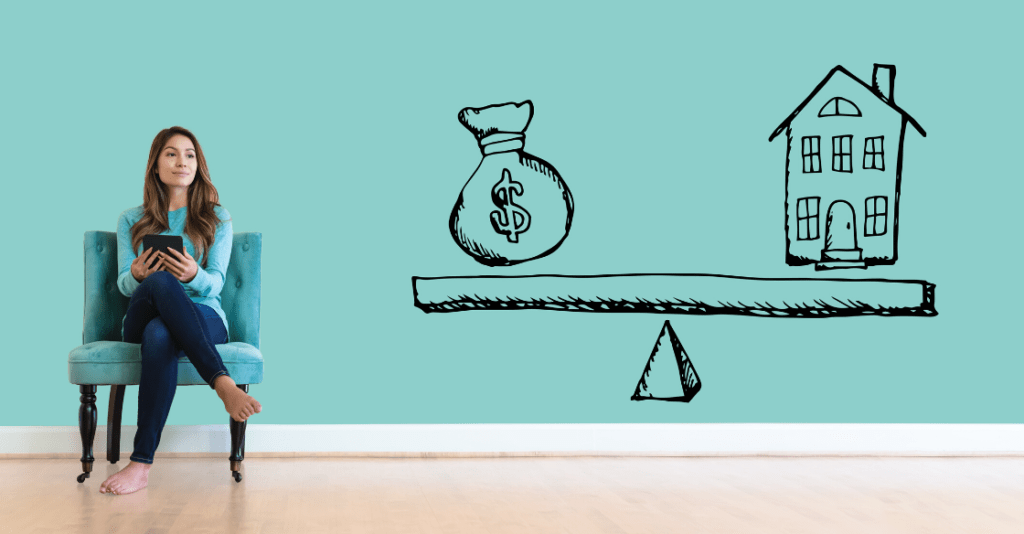There are so many reasons to buy a home, especially right now! Credit standards are lower than you might think, and many homeowners end up with a decreased mortgage payment than what they were paying in rent each month. Furthermore, the process of applying for a mortgage has changed dramatically in the last decade, with mortgage marketplaces giving prospective homeowners more options and greater flexibility.
Moreover, this year is the prime time to make a move. The COVID-19 pandemic has driven mortgage rates even lower, so buying a home in this day and age is now an achievable dream for many.
It’s an excellent time to think outside of the box, as well. If you’re considering buying a foreclosed home, it’s time to get educated. Who is this option right for? What are the pros and cons of buying a foreclosed home? Keep reading as we explore everything you need to know.

Who Should Buy a Foreclosed Home?
Before 2008’s mortgage crisis, buying a foreclosed home wasn’t exactly straightforward. Doing so meant scouring legal filings to find auction information about the homes and going through a lengthy process to finalize the deal. Nowadays, however, the process is pretty similar to buying any other home.
But if it sounds a little nerve-wracking, you’re not alone. Many foreclosed homes are in poor condition, and you might run into a lot of competition from house flippers who do this kind of thing for a living.
But here’s the thing: a foreclosed home can also be an incredible deal. That’s one of the huge “pros” to know when you’re thinking about the pros and cons list.
Buying a foreclosed home could be an amazing opportunity for you if you…
- Have enough cash in your savings for unexpected repairs since the sale will go through “as-is” in some scenarios
- Aren’t afraid of a challenge, or you love doing renovations!
- Understand the value and potential of a good deal on a home — and can stay patient throughout the process

How to Buy a Foreclosed Home
Next, let’s dive into the process of buying a foreclosed home. Although it’s similar to buying a “regular” home, there are a few key differences to point out.
Secure your mortgage pre-approval.
Although some foreclosed homes may require a cash purchase, not all of them do. Before you begin your search, one of the smartest things you can do is get pre-approved for a mortgage, so you’re ready for anything! Keep in mind that part of this exercise should include understanding how much house you can reasonably afford. Even if you’re getting a great deal on a home, make sure it fits into your budget.
Another thing to know is that sometimes there are restrictions on using specialized government loans (such as a VA loan, FHA loan, or USDA loan) for a foreclosed home. If you want to use one of these types of loans, make sure to do your research first, as there are specific housing standards that need to be met. Your inventory may not be as large as those who have been approved for a more conventional loan.
Start Your Search
Next, it’s time to start shopping! Working with an agent — ideally, one who is well-versed in real estate owned (REO) sales — is a good first step, as they’ll have access to the Multiple Listing Service (MLS) and can help you through the process. Other ways of finding foreclosed properties include:
- Using a site like Zillow, filtering results by foreclosure
- Searching bank websites, as some will advertise foreclosed properties in their possession
- Simply driving through neighborhoods and looking for foreclosure signs

Know the Right Questions to Ask
You’ll also want to know the right questions to ask, so you’re ready to move quickly when you see a property that you like. Important questions to ask include:
- Are there any liens on the home that will need to be taken care of?
- Who will you be buying the house from, specifically — i.e., the homeowner, a bank, or through an auction?
- When was the home’s last inspection, and will there be an opportunity for an inspection before closing?
- How long has the home been unoccupied?
- What’s the neighborhood like, and are there other foreclosed homes in the area that might affect this property’s value?
Make Your Offer
Ready to make an offer? Great! This step will vary depending on who owns the home, and an experienced REO agent can help you through the process.
If a bank owns the property, be sure to make a strong offer. Unlike individual homeowners, banks typically set their prices exactly where they need it to recoup their losses, so there isn’t any wiggle room. There may also be a lot of competition for the home, depending on the home’s condition, price, and neighborhood. Including a solid down payment can also help show the lender that you’re a serious buyer.

Complete the Sale
Let’s say your offer has been accepted — congrats! You’ll then go through the steps to finalize your loan and complete the sale. If an inspection is allowed, take full advantage of that before finalizing everything, as that will give you a better idea of what repairs or maintenance might be needed. Our advice? Be prepared to put in some work. Most foreclosed homes require extensive repairs to get up to code, especially if the house has been unoccupied for a while.

Here’s How Mortgage Goat Can Help
Purchasing a home is a fantastic experience, and today it’s more achievable than ever. While buying a foreclosed home isn’t for everyone, the benefits are there for the right buyer. If you do it right, you can end up saving a ton of money in the long-term, with the opportunity to renovate your new home and really make it your own.
Ready to get started? Mortgage Goat is here to help you with step #1 in the process: your mortgage pre-approval! With Mortgage Goat, you’ll get instant loan estimates and the best mortgage rates available, all in three easy steps. Contact us today to get started!



